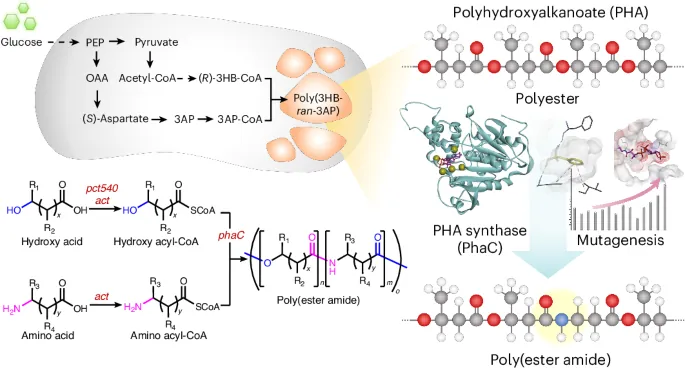
Revolutionary Drug Delivery System Reduces Injections with Long-Lasting Effects
2025-03-24
Author: Yu
In a groundbreaking development from MIT, engineers have unveiled a pioneering drug delivery system designed to transform long-term treatments by significantly reducing the need for frequent injections and minimizing discomfort for patients.
This innovative method utilizes fine crystals suspended in a specially formulated solution, which are injected just beneath the skin. Once injected, these crystals naturally assemble into a depot, facilitating a gradual release of medication that could last for months or even years. This advancement is especially promising for long-lasting treatments, including contraceptives and therapies for chronic diseases such as HIV, offering patients a more manageable and less invasive treatment option.
The Vision Behind the Innovation
Funded by the Gates Foundation, the research aims to develop a drug delivery system that is not only effective but also easy to administer, particularly in regions with limited healthcare resources. Existing long-acting injectable drugs often require substantial polymer volumes, leading to uncomfortable injections. The MIT team has innovated a method that employs a unique formulation in an organic solvent, enabling the use of narrower, less painful needles for administration. Once the injection is made, the drug forms a compact depot that steadily releases medication at a controlled rate.
Targeting Contraceptives and Chronic Conditions
The researchers specifically focused on the contraceptive drug levonorgestrel, which readily forms crystals. By suspending these crystals in benzyl benzoate—a biocompatible solvent—the team ensured that the substance would self-assemble into a depot immediately after being injected. This solvent’s limited solubility in biological fluids complements the process by facilitating depot formation at the injection site.
By incorporating small quantities of a biodegradable polymer into the formulation, the researchers could fine-tune the drug release rate, enhancing its longevity without compromising the process's simplicity and tolerability.
Promising Preclinical Results
The efficacy of this innovative drug delivery system was examined through preclinical trials involving rats, which were administered the drug formulation. Results showed that the drug depots remained stable, releasing medication over a duration of three months. Encouragingly, around 85% of the drug was still present in the depot at the study's conclusion, suggesting a potential effective treatment duration extending beyond a year.
Notably, these compact drug depots can also be surgically removed if necessary, providing healthcare professionals with the flexibility to adjust or discontinue treatment as required, tailoring care to individual patient needs.
Expanding Horizons for Treatment Options
As researchers look to the future, they are exploring additional therapeutic applications, including treatments for neuropsychiatric disorders, HIV, and tuberculosis. By refining drug delivery systems, this innovation could vastly enhance patient outcomes, streamlining the administration of long-term therapies.
Plans are now in place for advanced preclinical studies to evaluate the system's performance in clinical environments and its feasibility for human trials. With its straightforward approach, relying on a blend of solvent, drug, and minimal biodegradable polymers, this new drug delivery system holds immense potential to reshape the landscape of long-term medical treatments for a variety of conditions, promising a brighter future for patient care.
Stay tuned as this fascinating research unfolds, potentially revolutionizing how we think about medication administration!


 Brasil (PT)
Brasil (PT)
 Canada (EN)
Canada (EN)
 Chile (ES)
Chile (ES)
 Česko (CS)
Česko (CS)
 대한민국 (KO)
대한민국 (KO)
 España (ES)
España (ES)
 France (FR)
France (FR)
 Hong Kong (EN)
Hong Kong (EN)
 Italia (IT)
Italia (IT)
 日本 (JA)
日本 (JA)
 Magyarország (HU)
Magyarország (HU)
 Norge (NO)
Norge (NO)
 Polska (PL)
Polska (PL)
 Schweiz (DE)
Schweiz (DE)
 Singapore (EN)
Singapore (EN)
 Sverige (SV)
Sverige (SV)
 Suomi (FI)
Suomi (FI)
 Türkiye (TR)
Türkiye (TR)
 الإمارات العربية المتحدة (AR)
الإمارات العربية المتحدة (AR)